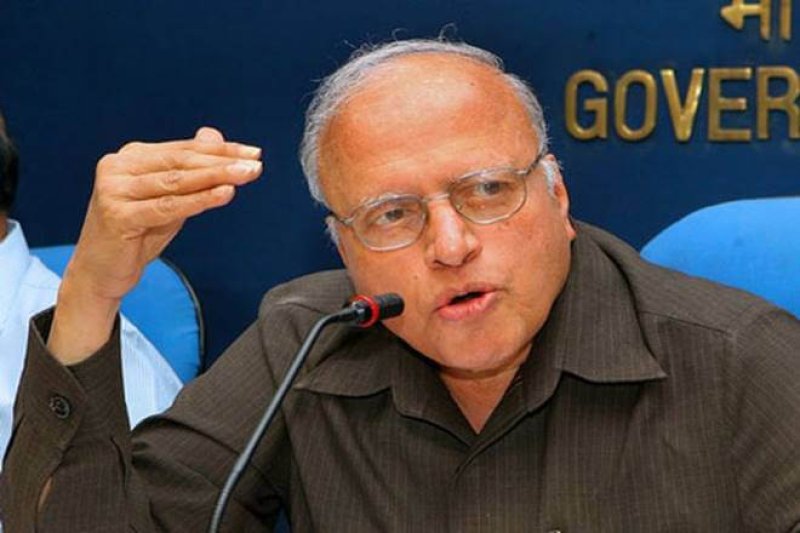An iconic Indian agricultural scientist is distancing himself from a recent editorial he co-authored that is critical of genetically modified (GM) crops, and has sparked furious debate among the nation’s researchers.
Geneticist Monkombu Sambasivan Swaminathan, 93, has been dubbed the father of India’s Green Revolution, which in the 1960s and 1970s delivered new, high-yield crop varieties to the nation’s farmers ….
Researchers took notice when, [in November], Swaminathan published an editorial in Current Science with Parthasarathy Chenna Kesavan, a researcher at the M.S. Swaminathan Research Foundation in Chennai, India, which Swaminathan leads. The article questions the sustainability, safety, and regulation of GM crops ….
…
The editorial …. sparked furious pushback from some Indian scientists. The editorial is “severely flawed” and makes “extraordinary generalizations,” wrote Krishnaswamy VijayRaghavan, the principal scientific adviser to the Government of India, in a letter to Swaminathan.
…
Swaminathan was taken aback by the ferocity of the dissent and what he views as personal attacks not grounded in evidence, he tells ScienceInsider …. His views of GM crops are more nuanced than the editorial suggests …. For example, creating GM crops able to resist drought or high heat could be useful for dealing with threats like climate change, he says. But engineering crops to resist insects and fungi might be less promising over the long term …. because the crops can lose resistance as the pests evolve.
Read full, original article: Under fire for GM crops article, an iconic Indian scientist clarifies his views































